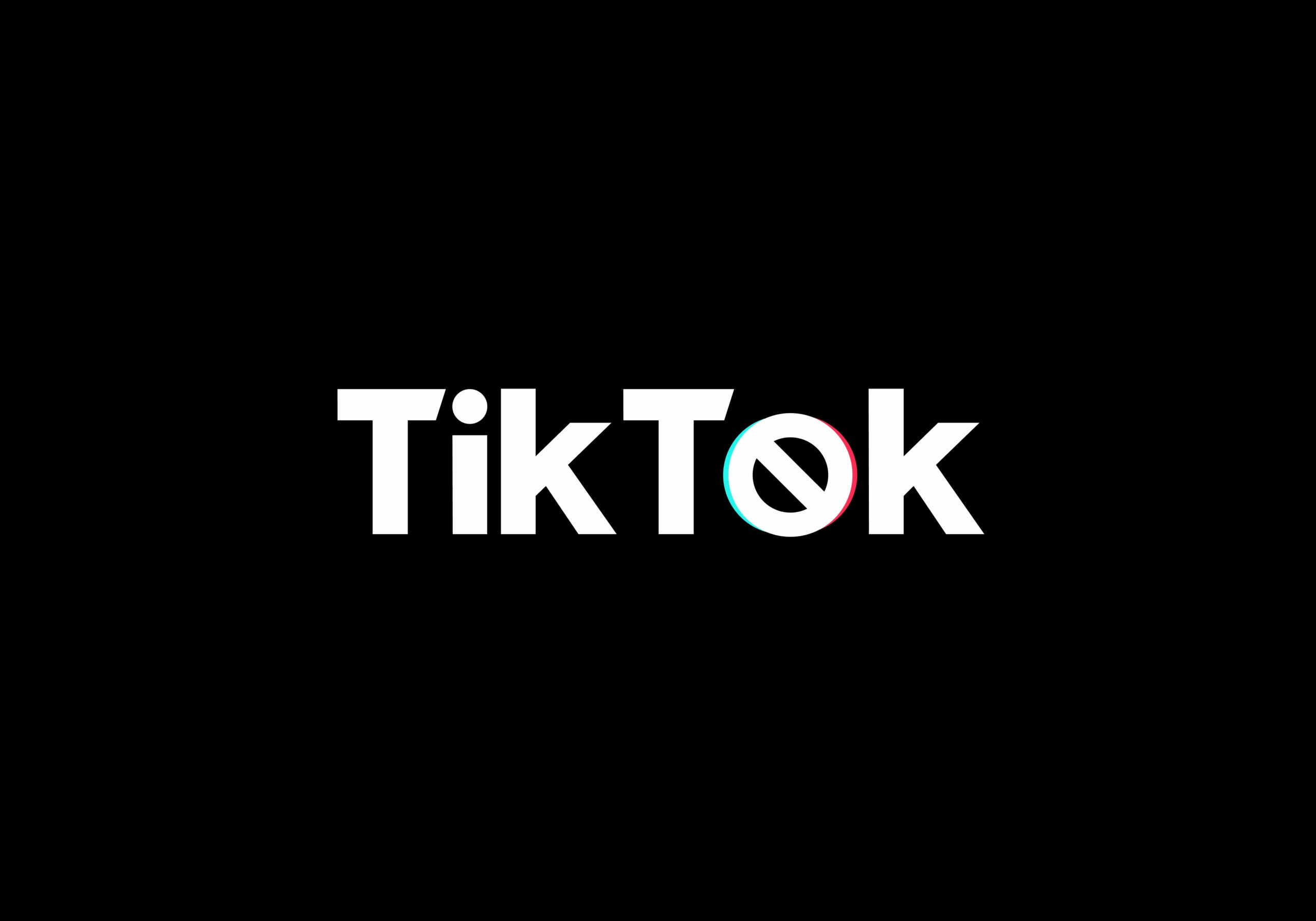
The U.S. House of Representatives has passed a revised bill that could potentially lead to the ban of TikTok or necessitate its sale by ByteDance, the app’s Chinese parent company.
The legislation, which was approved with significant bipartisan support in a vote of 360-58, allows a nine-month period for the sale of TikTok, an extension from the six-month window provided in a previous bill passed in March. The bill also includes a provision for a single 90-day extension, which could be granted by the President.
This legislative move reflects ongoing concerns regarding TikTok as a national security threat, amidst claims that it could serve as a tool for the Chinese government to access data on American users and disseminate propaganda. These concerns are part of broader tensions between the U.S. and China over technology and data security, and have led to increased scrutiny of the app from both sides of the political aisle.
The bill’s passage in the House marks a revival of efforts to restrict or control TikTok, which began during the Trump administration but faced challenges in gaining traction in the Senate previously. However, changes in the bill’s provisions, such as the extended timeframe for divestiture, appear to have addressed some concerns from Senate members. Senate Commerce Chair Maria Cantwell has expressed optimism about the revised timeline, suggesting it increases the likelihood of a successful divestiture.
The inclusion of the TikTok bill in a larger legislative package that also provides foreign aid to Ukraine, Israel, and Taiwan was reportedly a strategic decision by House Speaker Mike Johnson to garner more support from conservative lawmakers. This broader package is set to be considered by the Senate in the coming week.
President Joe Biden has indicated support for the bill, suggesting that he would sign it into law if passed by the Senate. However, TikTok is expected to challenge the legislation in court, arguing that the bill infringes on the free speech rights of approximately 170 million American users and could negatively impact millions of businesses that utilize the platform.
Civil liberties organizations, including the Electronic Frontier Foundation and the American Civil Liberties Union, have previously opposed similar legislative efforts to ban TikTok. They argue that such moves could set concerning precedents for free speech and digital rights.
In the House, the bill was described by House Foreign Affairs Committee Chair Michael McCaul as a necessary step to protect American personal information, comparing the app to “a spy balloon in Americans’ phones.”
Meanwhile, TikTok has defended itself against these accusations, stating that the legislative push uses vital foreign and humanitarian aid measures as a cover to enact a ban that could have wide-reaching negative consequences.
Related News:
Featured Image courtesy of visuals on Unsplash
